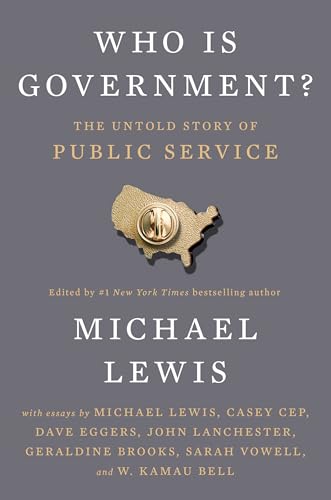Premium online access is only available to
PW subscribers. If you have an active subscription and need to set up or change your password,
please click here.
New to PW? To set up immediate access, click here.
NOTE: If you had a previous PW subscription, click here to reactivate your immediate access. PW site license members have access to PW’s subscriber-only website content. If working at an office location and you are not "logged in", simply close and relaunch your preferred browser. For off-site access, click here. To find out more about PW’s site license subscription options, please email Mike Popalardo at: mike@nextstepsmarketing.com.
Thank you for visiting Publishers Weekly. There are 3 possible reasons you were unable to login and get access our premium online pages.
- You are NOT a current subscriber to Publishers Weekly magazine.
To get immediate access to all of our Premium Digital Content try a monthly subscription for as little as $15 per month. You may cancel at any time with no questions asked. Click here for details about Publishers Weekly’s monthly subscription plans.
- You are a subscriber but you have not yet set up your account for premium online access.
Contact customer service (see details below) to add your preferred email address and password to your account.
- You forgot your password and you need to retrieve it.
Click here to retrieve reset your password.
- Your company has a site license, use our easy login.
Enter your work email address in the Site License Portal.
Customer Service
If you have questions, contact:
Email: PublishersWeekly@omeda.com
Call:1-800 -278-2991 (outside US/Canada, call +1-847-513-6135) 8:00 am - 4:30 pm, Monday-Friday (Central)









